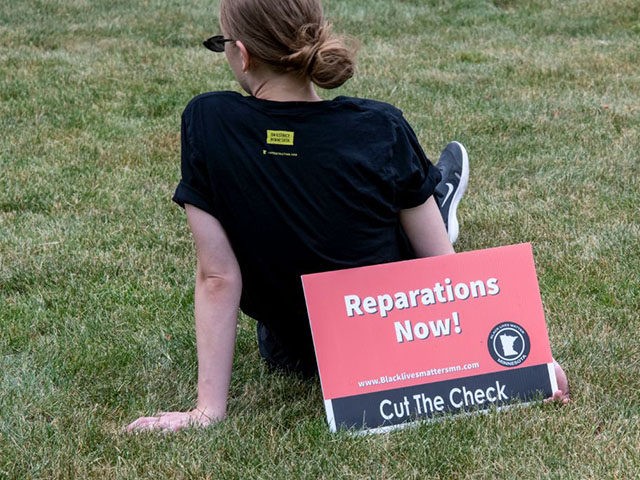The town of Amherst, Massachusetts, is establishing a reparations fund in order to make restitution to its black residents.
“The Town Council Monday voted 12-1 in favor of setting up a special purpose stabilization fund for reparations,” the Daily Hampshire Gazette reported.
“No money is yet in the account, though a plan was recently presented by town finance officials that would put $210,000 into the account later this year when free cash is certified,” the article continued.
Following approval of the fund, District 3 Councilor Dorothy Pam stated she anticipated it to be a positive thing for the community.
Only At-Large Councilor Mandi Jo Hanneke voted against the fund, citing technical reasons.
Those reasons included that “it was premature to establish a fund before forming the African Heritage Reparations Assembly, the committee that will develop a plan that might use the fund for a reparations program, but also could create some other option,” the report said.
In addition, Michele Miller, cofounder of the Reparations for Amherst group, claimed the fund set a foundation for equity in the town.
“On Monday night the Town of Amherst, MA Town Council voted in favor of creating a stabilization fund to be used for reparations, and a committee to study and develop reparations proposals,” Miller said Wednesday in a post on the group’s Facebook page.
“We look forward to supporting the African Heritage Community to implement a robust and sustainable reparative plan,” she continued.
Appropriations from the fund will be made through a two-thirds vote of the council for lawful reparation purposes to be determined by attorneys with KP Law, the Gazette article read.
In March, Evanston, Illinois, approved the first spending for “reparations” for black residents, making it the nation’s first reparations program, Breitbart News reported.
“Evanston is one of the most liberal towns in the nation. It is also home to Northwestern University, and was once an important center of the temperance movement,” the outlet said.
Amherst is modeling its reparations efforts after Evanston, the Gazette article read.
According to the Massachusetts government website, when the state’s constitution went into effect in 1780, slavery was considered legal in the Commonwealth.
“However, during the years 1781 to 1783, in three related cases known today as ‘the Quock Walker case,’ the Supreme Judicial Court applied the principle of judicial review to abolish slavery,” the website stated.

COMMENTS
Please let us know if you're having issues with commenting.